Results
-
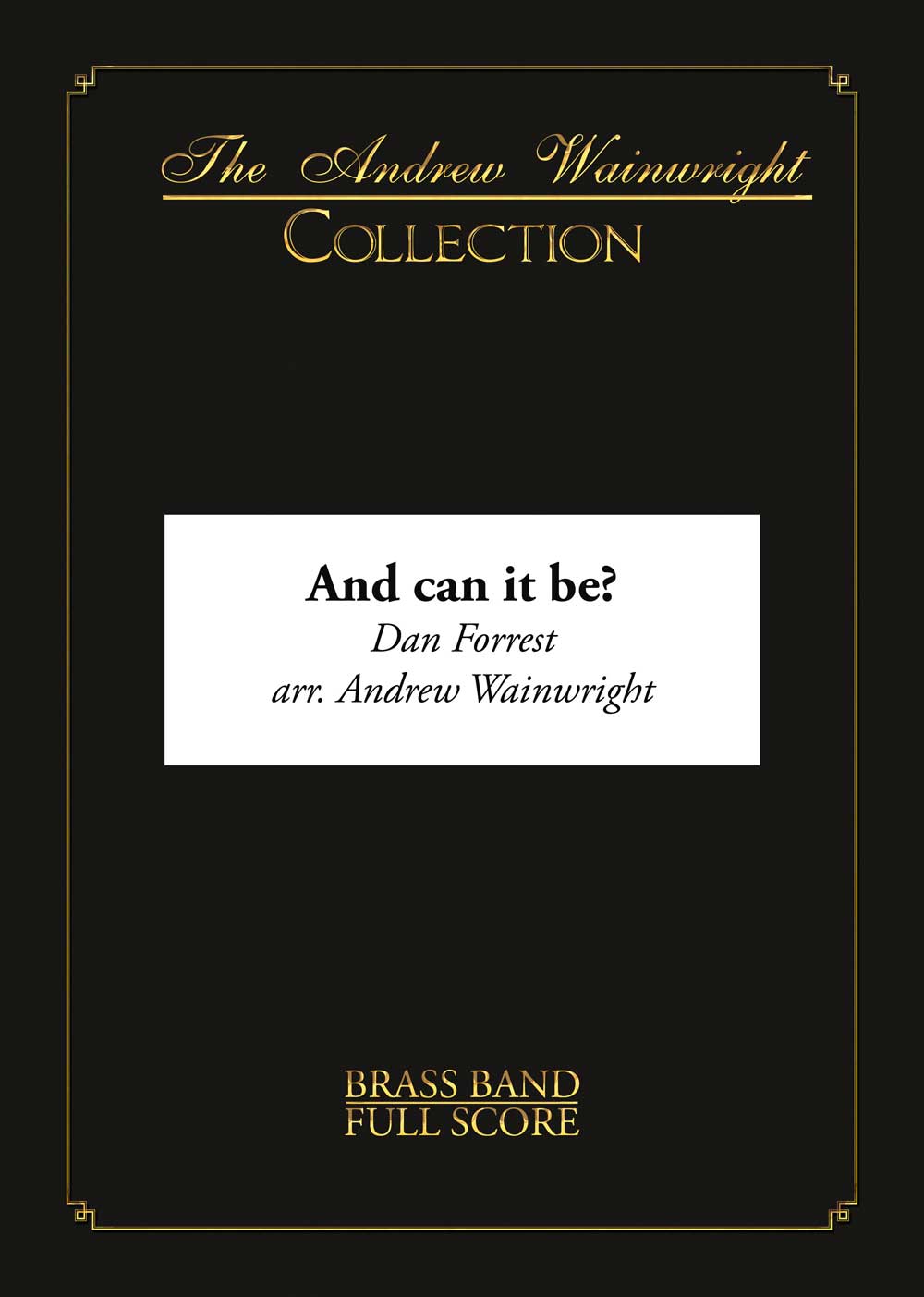 £38.95
£38.95And Can It Be? (Brass Band - Score and Parts)
Songwriter Dan Forrests highly popular choral anthem has been expertly arranged for brass band by Andrew Wainwright.
Estimated dispatch 7-14 working days
-
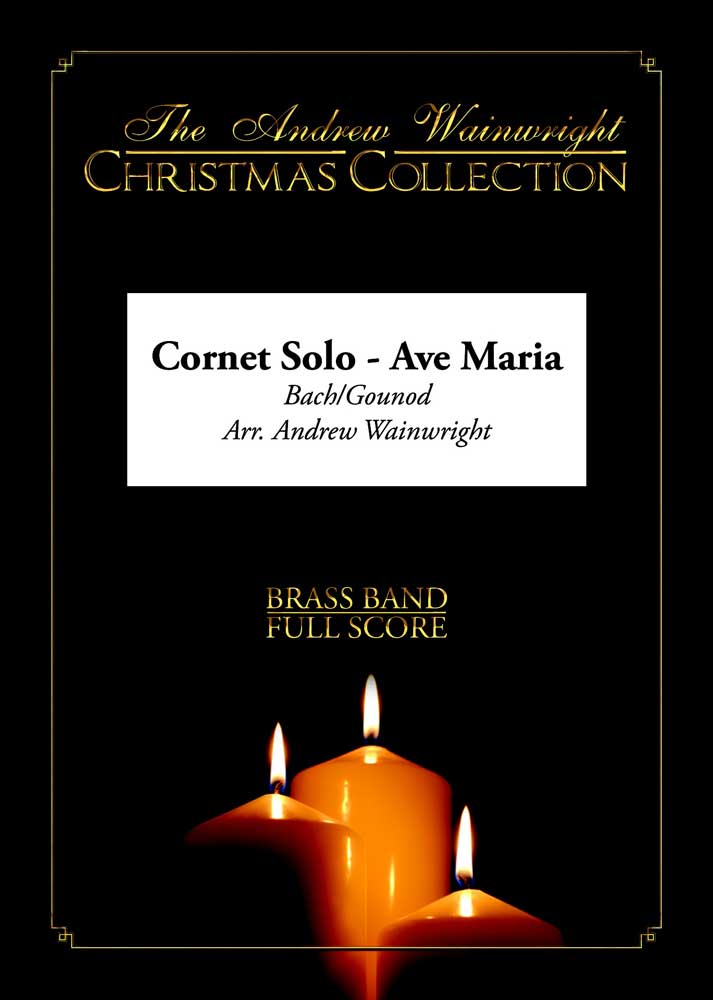 £34.95
£34.95Ave Maria (Cornet Solo with Brass Band - Score and Parts)
An arrangement of Bach/Gounod's popular song, originally performed by ITV's Britain's Got Talent star Faryl Smith. Here it is arranged for solo cornet with brass band accompaniment.
Estimated dispatch 7-14 working days
-
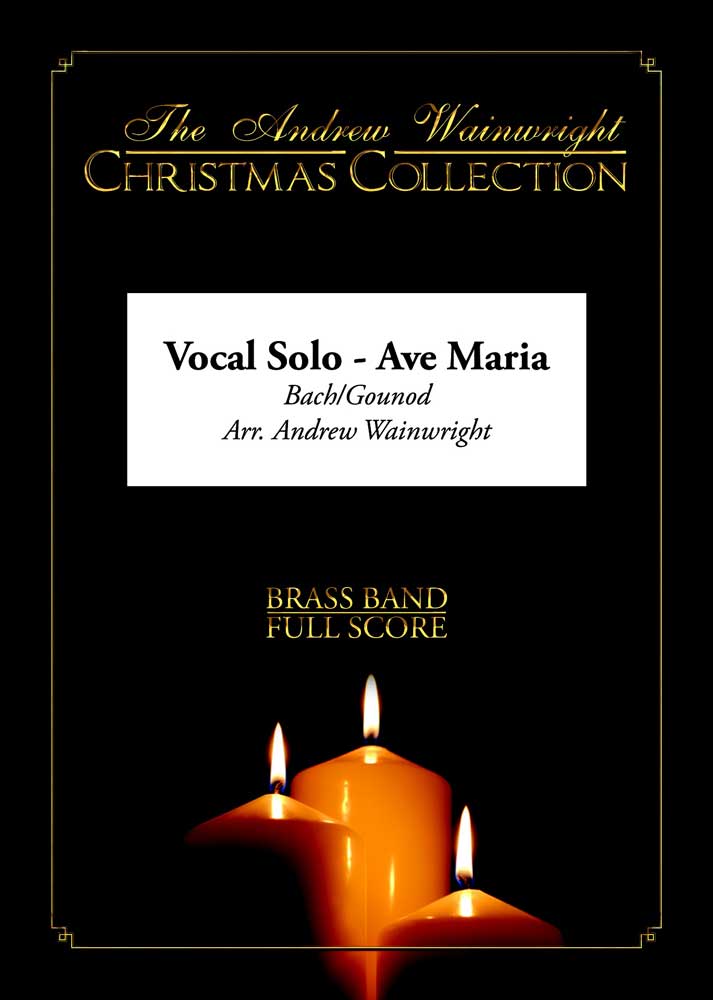 £34.95
£34.95Ave Maria (Vocal with Brass Band - Score and Parts)
An arrangement of Bach/Gounod's popular song, as performed by ITV's Britain's Got Talent star Faryl Smith. Here it is arranged for soprano voice with brass band accompaniment.
Estimated dispatch 7-14 working days
-
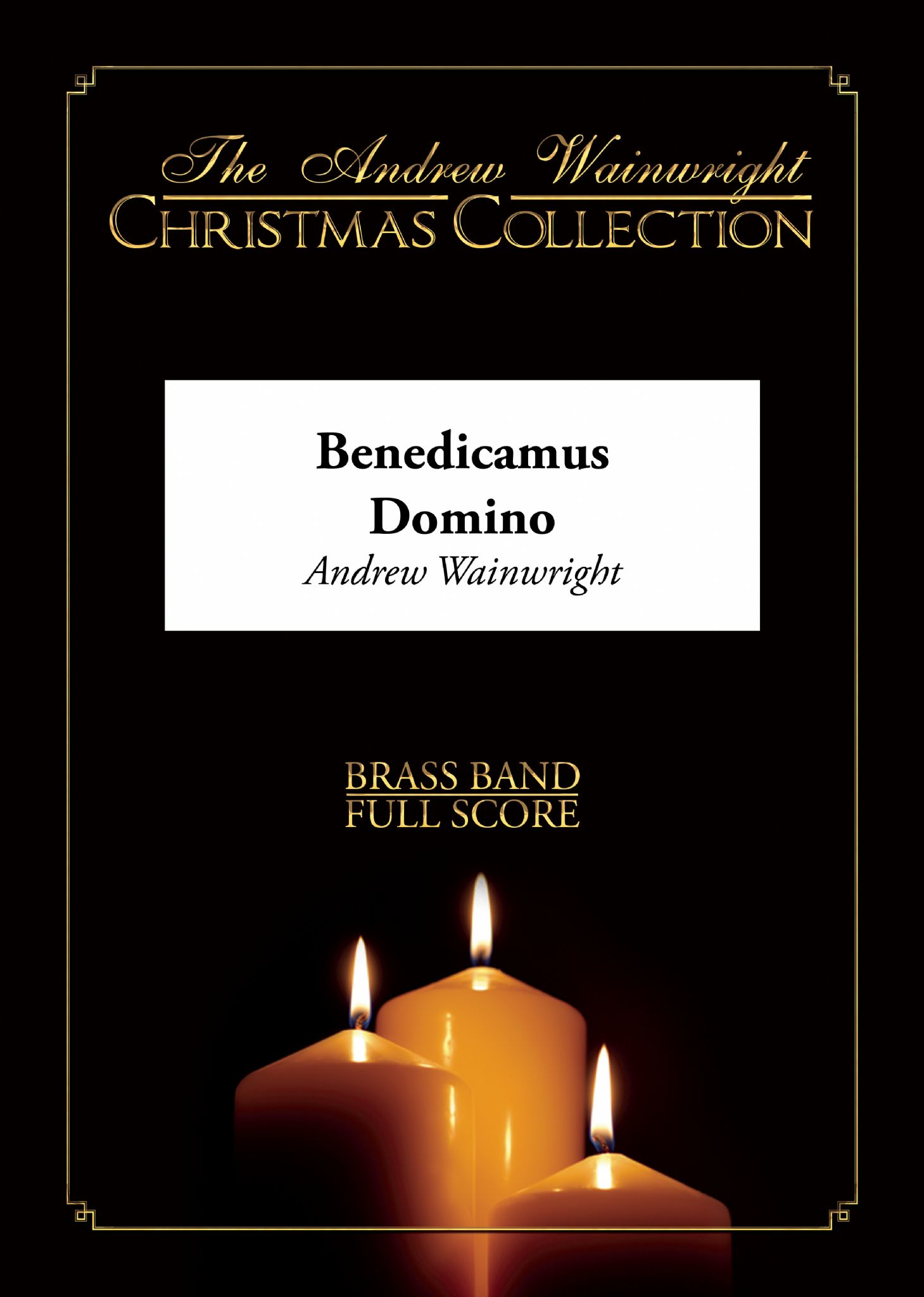 £42.95
£42.95Benedicamus Domino (Brass Band - Score and Parts)
A spectacular major Christmas work for brass band, based on the well-known carols 'Unto us is born a son' and 'Infant Holy'. Set in three through-composed movements, the outer two sections are full of joy and vibrance, with a magical, ethereal middle movement featuring 'Infant Holy'. The work comes to a close with a grandioso finish and rendition of 'Unto us is born a son' in full glory.
Estimated dispatch 7-14 working days
-
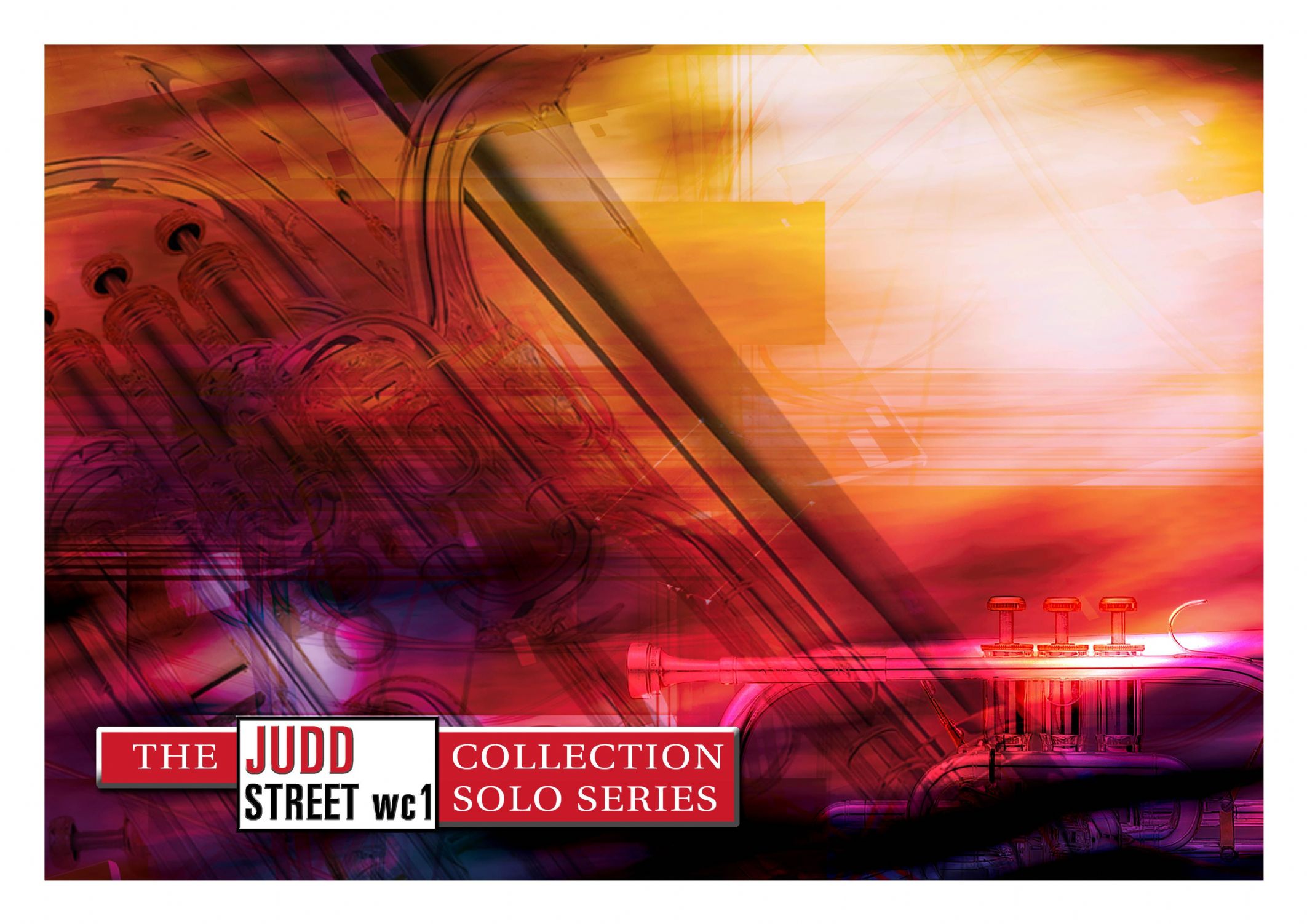 £24.95
£24.95David of the White Rock (Cornet Solo with Brass Band - Score and Parts)
This melody is reputed to have originated in Caernarvonshire, North Wales. Tradition holds that a bard called David, lying on his deathbed, called for his harp and performed this plaintive tune, expressing a desire that it should be played at his funeral. Ever since the tune has been called by his name and that of his house 'Garagwen' ('Druid Stone' or 'White Rock'). The solo is not just a slow melody with brass band accompaniment but is a composite whole, the band needing as much sensitivity as the soloist in the presentation.
Estimated dispatch 7-14 working days
-
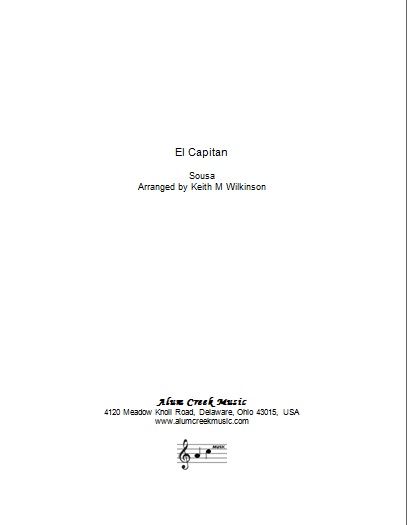 £39.00
£39.00El Capitan (Brass Band - Score and Parts)
El Capitan was originally an operetta which was first produced in Boston in 1896. It was initially very popular and there are occasional revivals even to this day. The march of the same title uses themes from the opera and was also published in 1896. One notable feature - resulting from the use of themes from the operetta - is the abrupt transition from 6/8 to 2/4 half way through the march.This arrangement was prepared for the 2013 Summer concerts of Brass Band of the Western Reserve, musical director Dr Keith M Wilkinson.
Estimated dispatch 7-14 working days
-
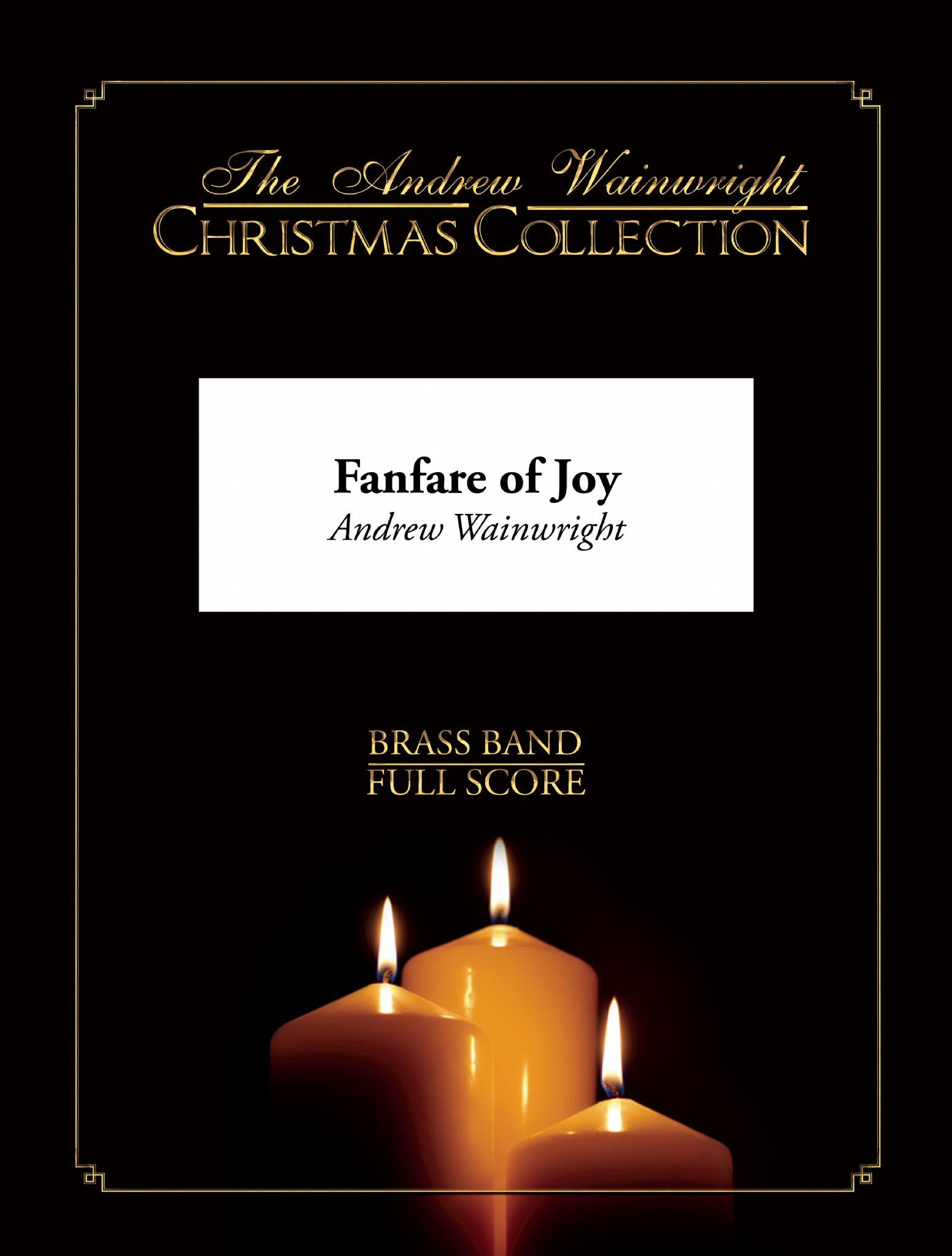 £34.95
£34.95Fanfare of Joy (Brass Band - Score and Parts)
Based on 'Joy to the World' and 'The First Nowell', this spectacular work opens with a majestic brass fanfare, before breaking in a Celtic-style dance which builds to a dramatic conclusion.
Estimated dispatch 7-14 working days
-
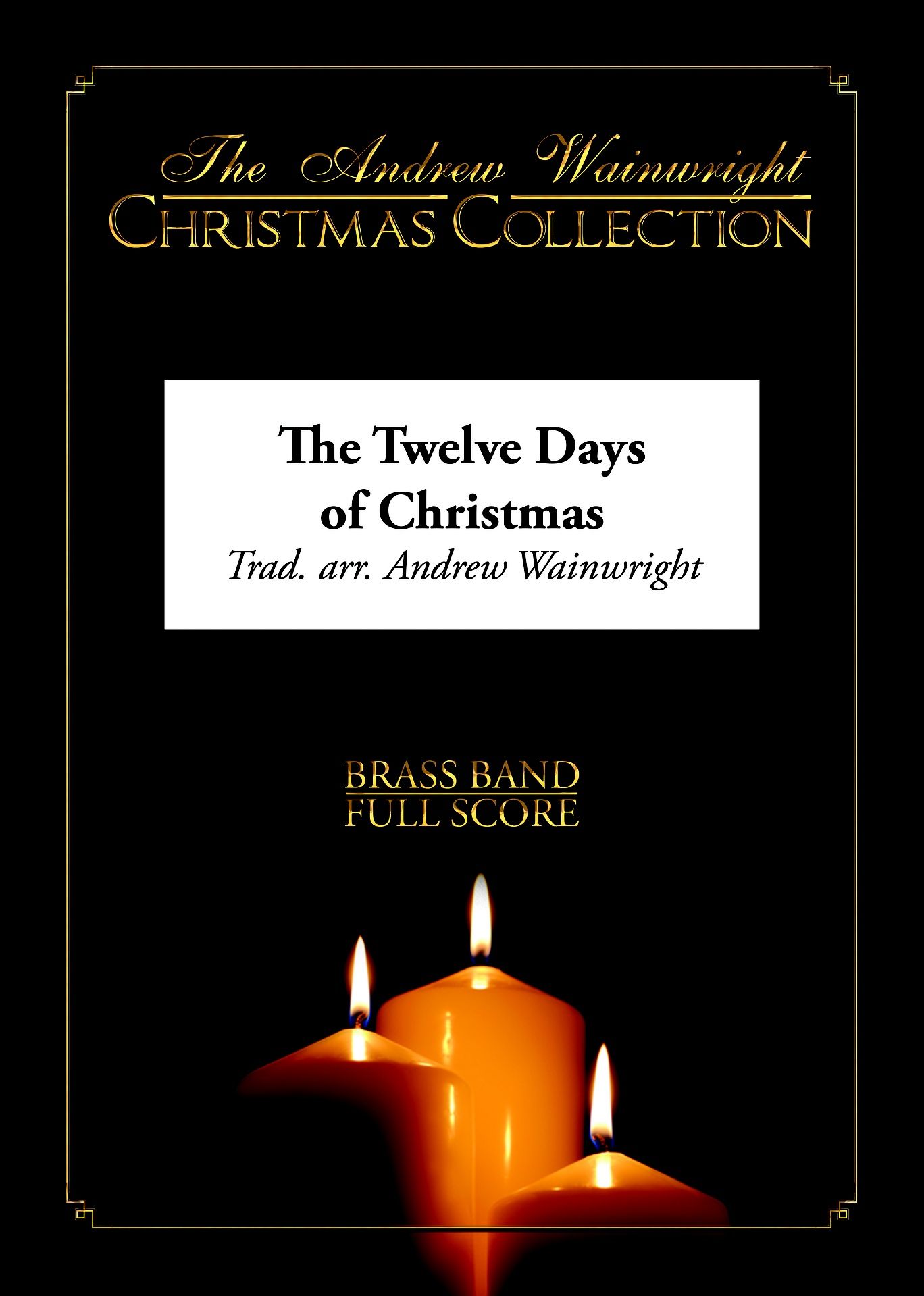 £34.95
£34.95The Twelve Days of Christmas (Brass Band - Score and Parts)
This arrangement of 'The Twelve Days of Christmas' features all twelve verses and will work well either as a standalone brass band piece, or with audience participation.
Estimated dispatch 7-14 working days
-
£50.90
A Whole New World (Brass Band - Score and Parts)
from Aladdin. Grade: Very Easy/Easy. (No.72 in the Easy Brass Band Series)
Estimated dispatch 7-14 working days
-
£54.20
Two Movie Blockbusters (Brass Band - Score and Parts)
Grade: Easy (No.33 from the Easy Brass Band Series) Includes: Raider's March; Pirates of the Caribbean.
Estimated dispatch 7-14 working days
